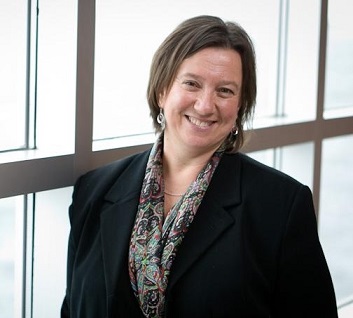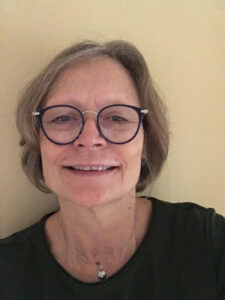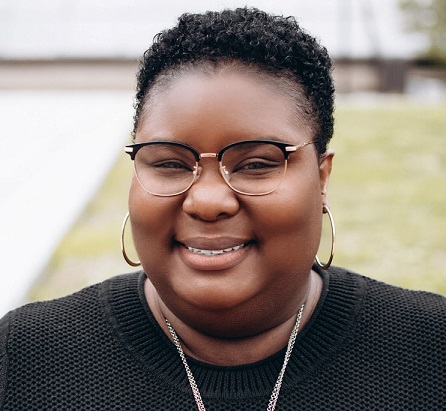Contributed by Ada Tony-Ilebor, Branch Manager, TD Canada Trust
In late 2022, the Canadian Government announced the introduction of the Tax-Free First Home Savings Account (FHSA).
When I heard this news, it immediately brought back memories of how I began saving for a down payment to buy my first home, and how I used monies that I had saved in my Tax-Free Savings Account (TFSA) and Registered Retirement Savings Plan (RRSP) to make my purchase.
In my introductory article, Meet Ada Tony-Ilebor, I shared how making connections within my community helped me settle in as an immigrant. I recall vividly how one of the early connections I made was with someone who later became a very good friend of mine, Keisha, who helped me understand the two federal government savings plans available to me.
Keisha explained how a TFSA would allow me to save up to the yearly TFSA contribution limit and withdraw money including any interest earned, tax-free. While through an RRSP, I would be able to withdraw funds to buy a home and pay back the withdrawn funds within a 15-year period as a first-time homebuyer. Keisha also advised to get in touch with a financial institution to learn more. I went home that evening and was very excited to begin my journey of home ownership.
Today, first time home buyers can save for their first home purchase using an FHSA – a registered plan available to Canadian residents at least 18 years or older who are first-time home buyers. Under this registered plan, you have the ability to contribute up to $40,000 over the lifetime of the plan. Like an RRSP, contributions are tax-deductible, and qualifying withdrawals to purchase a first home are non-taxable, similar to withdrawals from a TFSA.
My savings journey
As a single mother, it was challenging to save with competing needs including bills, rent and a family to care for. As a result, I needed to be deliberate with my saving and stay focused on my financial goal of homeownership.
The first thing I did was to set a budget. Simply put, budgeting is a way to get a clear picture of how much you earn (income) and how much you spend (expenses). The result of this exercise can be a cash deficit (spending more than you earn) or a cash surplus (spending less than you make).
Budgeting helps give a clear picture of your spending habits, arming you with the information you need to make a decision to either cut down or adjust your lifestyle to help you save. There are many budgeting tools available online including the TD Personal Cash Flow Calculator, which I used when I decided to begin saving for my first home.
After working on my budget, I booked an appointment with a TD Personal Banker at my financial institution to help put my goals into action and set up a TD Pre-authorized Transfer Service which would automatically transfer funds from my TD chequing account to my TD savings account from an available schedule (daily, weekly, or monthly) that worked best for me. At the time, I chose bi-weekly because this frequency aligned with my pay schedule. If you need help to set a budget, a TD Personal Banker can help you create one.
What I learned while saving for my first home
You may have heard the saying, “little drops of water make a mighty ocean.” I like to think that same thought applies to finances – saving small and consistent amounts of money is more likely to help you grow your savings. No matter where you are in your savings journey, these are the tips I remember to help me with my goals:
- Saving for anything requires discipline, focus, determination and action.
- Determining the appropriate amount of savings to put away each month varies from individual to individual. Finding out what number is right for you can be determined through proper budgeting and is an important step to help ensure you don’t stray off course before you reach your goal.
- Reaching your goal may require you to assess your spending habits, address your “wants” vs. needs”, and cut back in certain areas – and that’s OK! For me, it was the small changes that made a difference, for example, bringing my lunch to work or consolidating my TV subscription services.
- There is always something to be learned. If you need help or advice, there are professionals like myself and my colleagues at TD who are ready to help.
Immigrant Women Services Ottawa
219 Argyle Avenue, Suite 400
Ottawa, Ontario
K2P 2H4
Tel: 613-729-3145
Fax: 613-729-9308

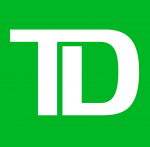


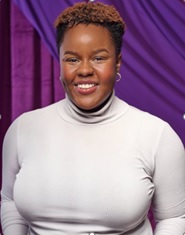 Abigail Williams - Treasurer
Abigail Williams - Treasurer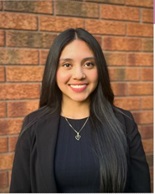 Maria Choque - Member
Maria Choque - Member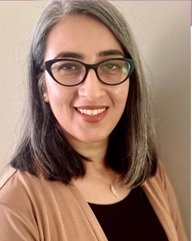 Hosai Qasmi - Member
Hosai Qasmi - Member Georgette Morris - Member at large
Georgette Morris - Member at large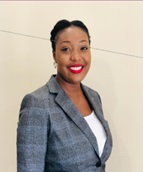 Veronica Dingile Mbofana - Member
Veronica Dingile Mbofana - Member